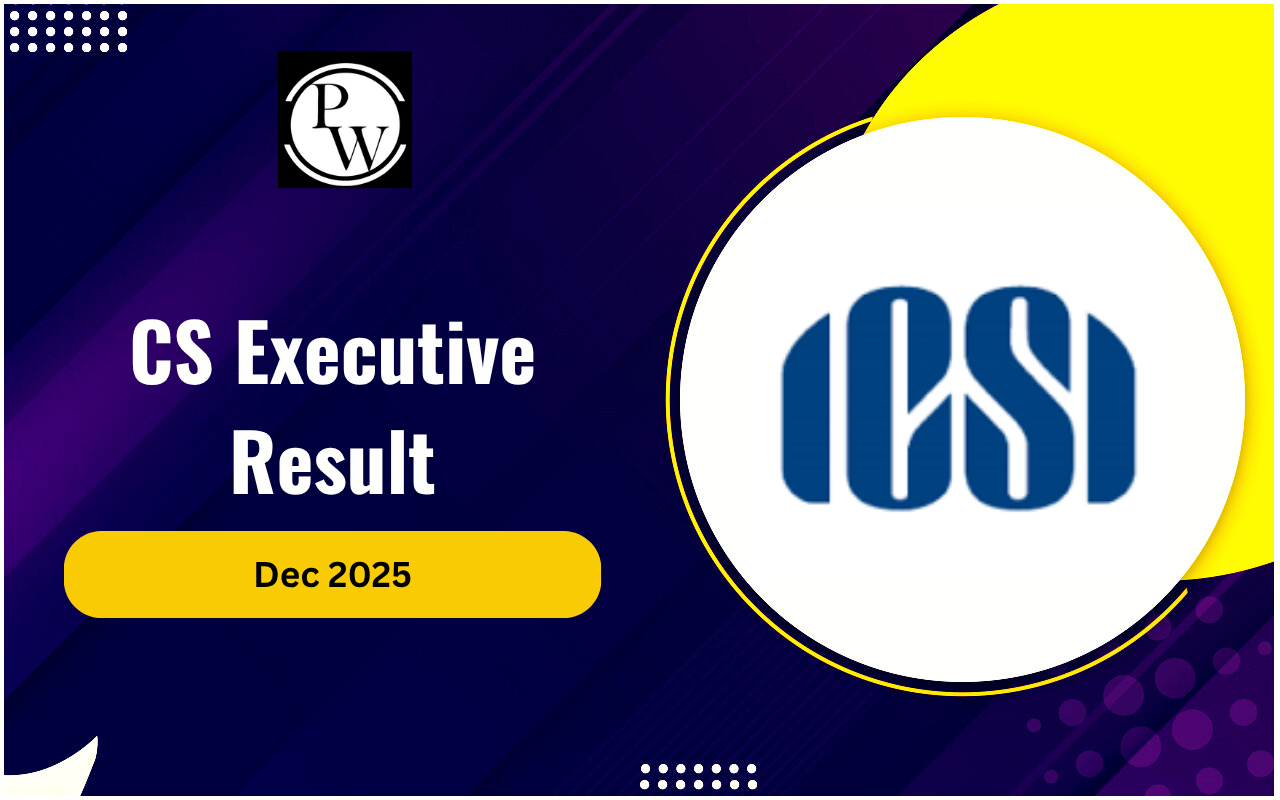
Patent Act 1970 : Indian Patent Law is governed by The Patents Act 1970; this law grants patents for inventions that meet specific criteria. Specifically, an invention can be a new process, product, or manufactured item. To qualify for a patent, the invention must be new and original, involve an inventive step, and be capable of industrial application. These requirements ensure that only truly innovative and useful inventions receive patent protection. The article will discuss the Patent Act 1960 in detail.
The Patent Law in India
The first patent law in India, the Patents and Designs Act of 1911, was introduced in 1911. In 1972, it was replaced by the current Patents Act 1970, updated in 2005 to include patents for food, drugs, chemicals, and microorganisms. The changes also removed Exclusive Marketing Rights (EMRs), added compulsory licensing, and introduced opposition procedures. To get a patent in India, your invention must be new, involve an inventive step, and be useful in industry. Certain inventions cannot be patented, as specified in sections 3 and 4 of the Patents Act 1970.Important Terms in the Patent Act 1970
These terms under the Patent Act 1970 help clarify how patents work in India, protecting inventors' rights and encouraging innovation. Section 2 of the Patents Act, 1970 explains important terms used in India's patent law:- Assignee: Someone who gets rights to a patent from the original owner, even after the owner has died.
- Exclusive License: An agreement where the owner of a patent allows only one person to use it, preventing others from using it.
- Invention: Anything new and useful, like a process, method, machine, or improvement, hasn't been done before.
- Patent: A government-granted right that stops others from using, making, or selling an invention for a certain time. It encourages inventors by giving them exclusive rights to their creations.
- Patent Agent: A person registered under this Act to help with patent matters.
- Patented Article and Process: Something for which a patent is already granted.
- Patentee: The person listed on the patent as its owner.
- Person Interested: Someone researching the same area as the patented invention.
- True and First Inventor: The original creator of an invention, not someone who brought it to India from another place.
The Provisions of the Patent Act 1970
The Indian Patent Act of 1970 was designed to ensure its rights benefit society. Here are some important aspects of the Act:- The Act allows inventors to patent the products they create and their methods or processes. This provides comprehensive protection for innovations across various industries.
- Patents granted under this Act are valid for 20 years from the application date. During this time, the patent holder has the exclusive right to use, manufacture, and sell their invention.
- Unlike some jurisdictions where patents are automatically examined, in India, patent examination occurs only when the applicant requests. This allows inventors to control the timing of the examination process based on their business or strategic needs.
- The Act includes provisions for a fast-track mechanism to expedite the resolution of patent disputes and appeals. This is particularly beneficial for inventors and businesses seeking quicker decisions on patent-related matters.
- It permits both pre-grant and post-grant opposition mechanisms, allowing third parties to challenge the validity of a patent application or an issued patent. This ensures that only genuine inventions meeting patentability criteria are granted protection.
- Recognizing the importance of biodiversity and traditional knowledge, the Act includes provisions to prevent the exploitation of these resources through patent claims.
- Patent applications are published 18 months after filing, making information about new inventions publicly available. This promotes transparency and allows stakeholders to track developments in the field of innovation.
How to Get a Patent in India?
There are certain requirements to get a patent in India; your invention must meet certain criteria:- Patent Subject : Your invention must be something that can be patented under the law. Sections 3 and 4 of the Patents Act list what cannot be patented.
- Novelty : Your invention must be new and not publicly known anywhere before you apply for the patent. It should be original and not identical to any existing technology.
- Inventive Step : Your invention must show an advancement over existing knowledge. It should be clear to someone skilled in the field related to your invention.
- Industrial Applicability : Your invention must be capable of being used or made in any industry. It should have practical use and not just be theoretical.
- Patent Disclosure : You must describe your invention clearly in your patent application so that someone skilled in the field can easily understand and replicate it.
The Process of Getting a Patent Registered
Chapter III of the Patents Act 1970 outlines the procedures and requirements for applying for patents in India. This chapter is crucial as it sets the legal framework for inventors to secure patent rights for their innovations. The procedure to get the patent registered is mentioned below in detail:- Document the Invention: Write detailed information about the invention, including its field, description, function, and advantages. Gather lab records if applicable.
- Include Diagrams: Provide drawings or sketches that explain the invention clearly.
- Check Patentability: Ensure the invention is patentable and does not fall under non-patentable categories.
- Meet Patent Criteria: Verify that the invention is novel, involves an inventive step, and has industrial applications.
- File a Provisional Application: If the invention is still developing, file a provisional application to secure the filing date and get 12 months to file complete specifications.
- Publish the Application: The application is published 18 months after the filing date. Early publication can be requested with a fee.
- Request for Examination: After the complete specification is filed, request an examination (RFE). A patent examiner reviews the application for patent eligibility criteria.
- Respond to Examination Report: Address objections from the examiner’s report with the help of a patent professional.
- Communication with Controller: Ensure all objections are resolved and establish the novelty and inventive steps of the invention.
- Grant of Patent: Once all requirements are met, the patent is granted and notified in the Patent Journal.
The Patent Act 1970 FAQs
Which is the important section of the Patent Act 1970?
Section 48 is a very important section of the Patent Act 1970.
What is section 2 of the Patent Act 1970?
This section defines an invention as a new product or process involving an inventive step capable of industrial application.
What is section 11b of the Patent Act 1970?
According to the act, No application for a patent shall be examined unless the applicant or any other interested person makes a request in the prescribed manner for such examination within the prescribed period.
What is Form 27 of the Patents Act 1970?
Form 27 must be filed even for those patents that could not be commercially exploited or did not work for any reason.
Talk to a counsellorHave doubts? Our support team will be happy to assist you!

Free Learning Resources
PW Books
Notes (Class 10-12)
PW Study Materials
Notes (Class 6-9)
Ncert Solutions
Govt Exams
Class 6th to 12th Online Courses
Govt Job Exams Courses
UPSC Coaching
Defence Exam Coaching
Gate Exam Coaching
Other Exams
Know about Physics Wallah
Physics Wallah is an Indian edtech platform that provides accessible & comprehensive learning experiences to students from Class 6th to postgraduate level. We also provide extensive NCERT solutions, sample paper, NEET, JEE Mains, BITSAT previous year papers & more such resources to students. Physics Wallah also caters to over 3.5 million registered students and over 78 lakh+ Youtube subscribers with 4.8 rating on its app.
We Stand Out because
We provide students with intensive courses with India’s qualified & experienced faculties & mentors. PW strives to make the learning experience comprehensive and accessible for students of all sections of society. We believe in empowering every single student who couldn't dream of a good career in engineering and medical field earlier.
Our Key Focus Areas
Physics Wallah's main focus is to make the learning experience as economical as possible for all students. With our affordable courses like Lakshya, Udaan and Arjuna and many others, we have been able to provide a platform for lakhs of aspirants. From providing Chemistry, Maths, Physics formula to giving e-books of eminent authors like RD Sharma, RS Aggarwal and Lakhmir Singh, PW focuses on every single student's need for preparation.
What Makes Us Different
Physics Wallah strives to develop a comprehensive pedagogical structure for students, where they get a state-of-the-art learning experience with study material and resources. Apart from catering students preparing for JEE Mains and NEET, PW also provides study material for each state board like Uttar Pradesh, Bihar, and others
Copyright © 2026 Physicswallah Limited All rights reserved.









